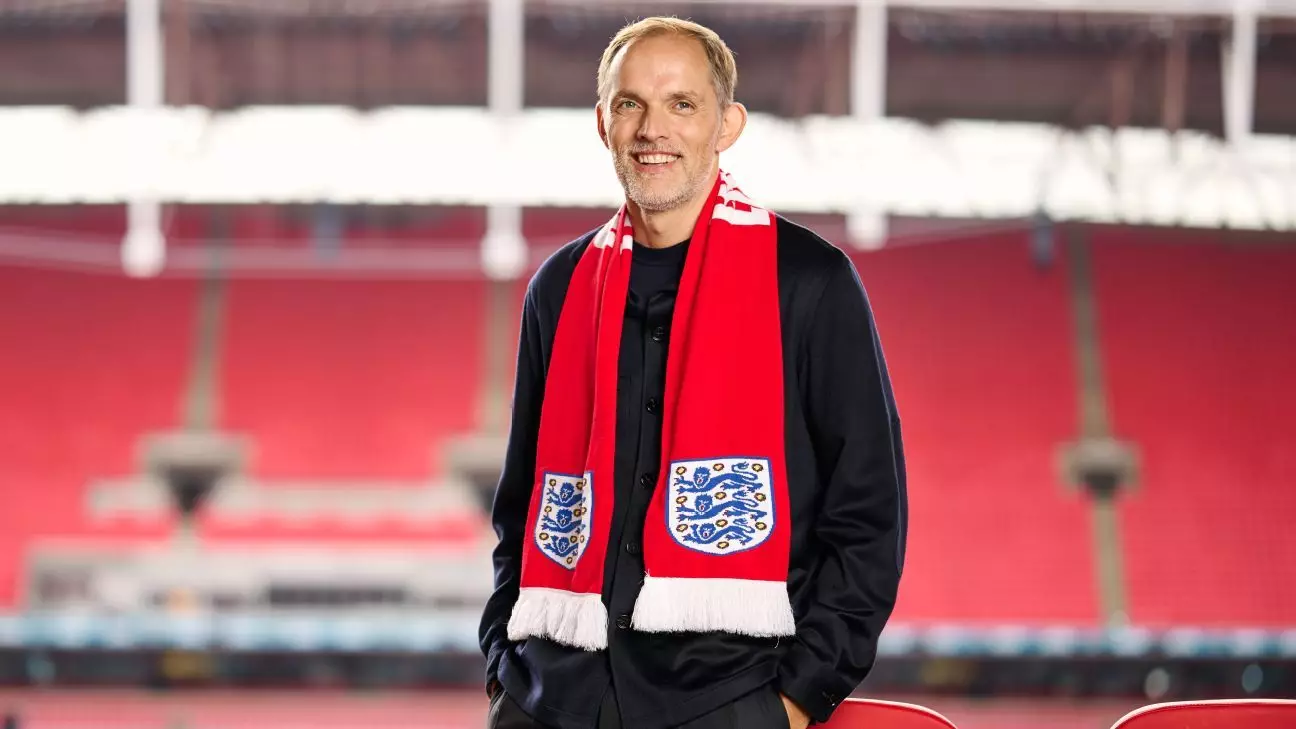With Thomas Tuchel officially stepping into the role of England manager in January, the excitement is palpable among fans and pundits alike. Tuchel’s prior tenures with titans like Paris Saint-Germain, Chelsea, and Bayern Munich provide him with a wealth of tactical acumen and high-pressure experience. As England prepares for the 2026 World Cup, the emphasis will not only be on the star players available but also on how Tuchel orchestrates their talents into a cohesive unit capable of championship contention.
England’s recent footballing history is a mixed bag. Despite the immense talent pool, they have not secured a major trophy since the 1966 World Cup, a fact that looms large over any discussion of their potential. Under the management of Gareth Southgate, England reached the semifinals of the World Cup in 2018, suggesting they’re once again knocking on the door. Yet, interim coach Lee Carsley’s brief reign, culminating in a resounding 5-0 victory against Ireland, underscored the need to evolve further. This win not only secured promotion to the Nations League’s elite tier but also served as a springboard for the next phase of England’s football journey.
Carsley’s remarks resonate strongly when it comes to the concept of balance within the squad. He articulates a vital point: the challenge facing Tuchel is about assembling the right mix of players at the right time. Football dynamics can shift rapidly, and the mental and physical rhythm of the squad must be carefully monitored. In an age where data analytics and player conditioning define success, Tuchel’s capabilities will be under scrutiny as he shapes the team. His past successes suggest that he understands how to maximize player potential, but real-time adaptability will be essential in such a competitive environment.
During his short spell in charge, Carsley made an intentional choice to infuse youth into the senior squad, handing out eight debuts including that of promising talents like Curtis Jones and Noni Madueke. This strategy highlights a critical aspect of England’s future: the blending of emerging young stars with seasoned players like Harry Kane and Raheem Sterling. Tuchel’s challenge lies in nurturing these relationships and ensuring that experience and youth can coexist to form a strong, competitive team.
As England sets its sights on the upcoming World Cup, several factors will be at play: player fitness, tactical flexibility, and the psychological readiness of the squad. Tuchel inherits a wealth of talent, but the onus is on him to weave these individual stories into a collective narrative that resonates at the world stage. The journey to 2026 promises to be an exciting one; if Tuchel can strike the right balance, he may just lead England back to footballing glory.

